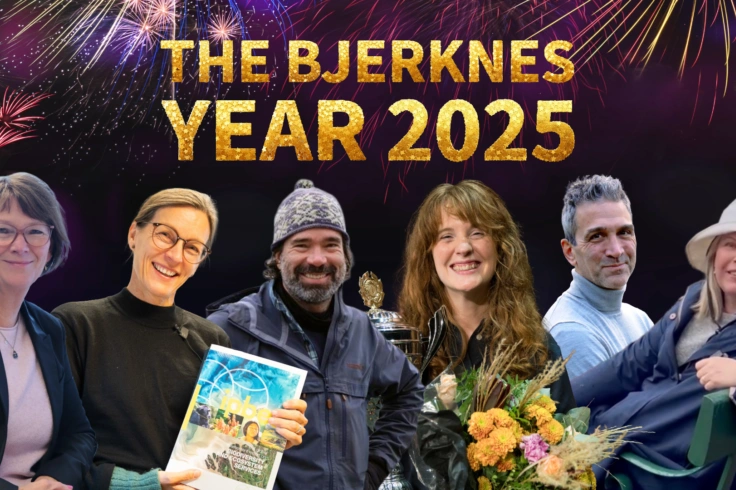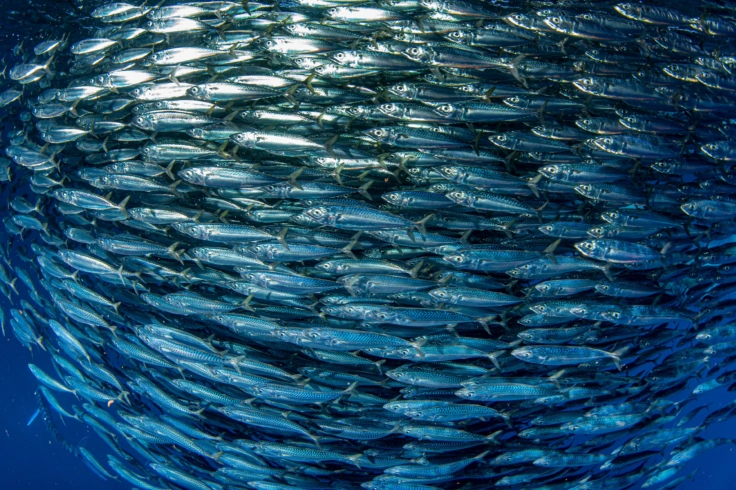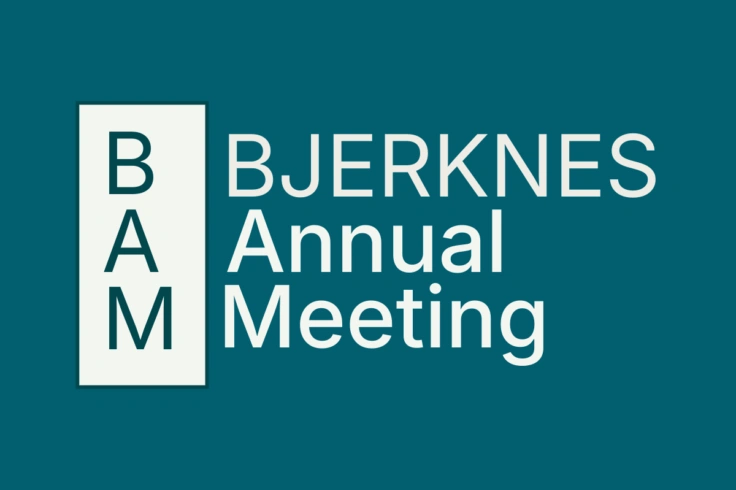
Å gi byer det de trenger for å håndtere klimaendringer, forbedrer både klodens miljø og lokale levevilkår.
Les merFinn en ekspert
Våre forskere er ansatt enten hos NORCE, UiB, Nansensenteret eller Havforskningsinstituttet. Forskerne jobber sammen på tvers av ulike naturvitenskapelige disipliner. Finn forskere med fagbakgrunn blant annet innen meteorologi, oseanografi, geologi, geofysikk, biologi og matematikk.
Publikasjoner
Forskere ved Bjerknessenteret publiserer mer enn 200 vitenskapelige artikler hvert år.
Prosjekter
Forskere ved Bjerknes er involvert i flere prosjekter, både nasjonalt og internasjonalt. Prosjektene eies av partnerinstitusjonene, med unntak av våre strategiske prosjekter.
Våre forskningsgrupper
Andre forskningsområder
Lær om klima
Se alleAktuelt
Se alle
13.01.26
Avgjørende med godt byklima
Flertallet av verdens befolkning bor i byer. Å utruste byene for å håndtere klimaendringer forbedrer både klodens miljø og lokale levevilkår.

29.12.25
Bjerknesåret 2025
Et nytt år står klar på dørstokken. Mens vi venter på alt det nye er det ikke så dumt å ta et øyeblikk for å se tilbake på året som var.

18.12.25
Værfenomen i Stillehavet påvirker fisk i Atlanterhavet
Hvordan kan El Niño og La Niña strekke seg over hele kloden og endre fiskebestander tusenvis av kilometer unna






